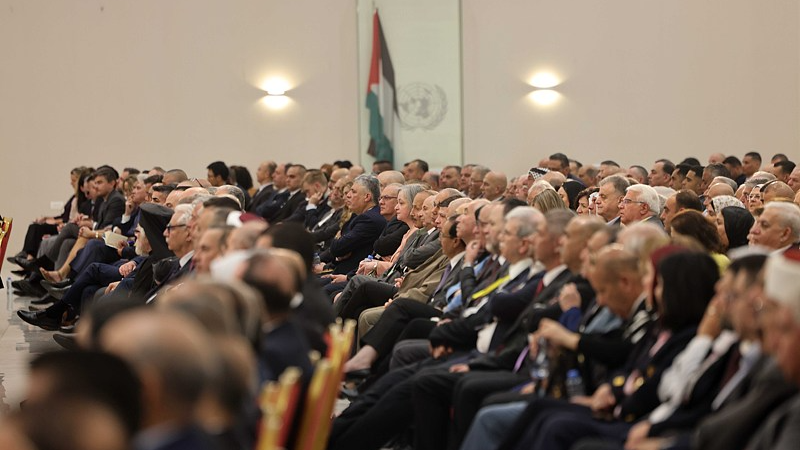In a historic move, the Palestine Liberation Organization’s Central Council has greenlit the creation of a vice president position for its executive committee. The decision, made on Thursday in Ramallah, marks the first time the PLO has introduced such a role since its founding over five decades ago.
Out of 170 members present—some joining via video link—169 voted in favor, with one against and one abstention. The new vice president will be selected from current executive committee members through nomination by the committee’s chair and approval by fellow members.
Once appointed, the vice president’s duties are flexible: the committee chair holds the power to assign specific responsibilities, accept resignations, or remove a vice president if needed. Advocates say this structure is designed to streamline decision-making and share leadership loads more evenly.
The idea first surfaced earlier this year when Palestinian President Mahmoud Abbas announced at an emergency Arab summit in Cairo that a vice presidency would help address growing calls for internal political reforms.
Political analysts see this as a strategic step toward modernizing the PLO’s governance, especially as Arab and Western stakeholders envision a larger role for the Palestinian Authority in Gaza’s post-war reconstruction and administration.
For young global citizens and business and tech enthusiasts, the shake-up signals a broader trend in the region: established institutions retooling their leadership frameworks to meet 21st-century challenges. Thought leaders and changemakers will be watching how this new role influences policy, human rights advocacy, and cross-border collaboration.
As the PLO moves into its next phase, all eyes are on who will fill the vice president seat—and how this fresh perspective will shape the future of Palestinian politics.
Reference(s):
cgtn.com



